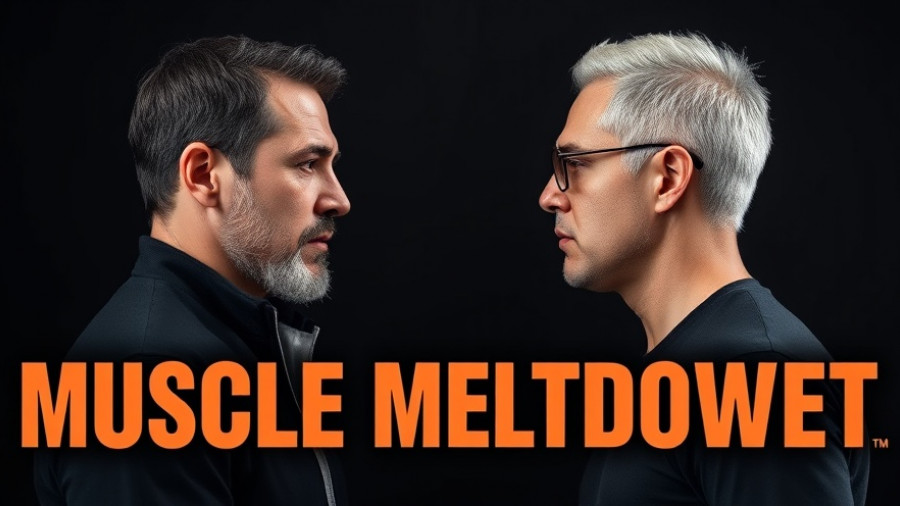
The Myths Surrounding Plant-Based Diets
In a world increasingly leaning towards plant-based solutions for health and sustainability, the notion that a plant-based diet might not yield the results everyone expects is surprising. Many individuals switch to this diet hoping for clarity, energy, and overall mastery of their health. However, studies and anecdotal evidence suggest that this transition can sometimes lead to nutritional deficiencies rather than the promised benefits. Particularly for high performers, an unbalanced plant-based diet can affect mitochondrial health and essential micronutrient levels, which are crucial for cognitive and physical performance.
In 'Why a plant based-diet does NOT work,' the discussion delves into the potential shortcomings of plant-based diets for high performers, which inspired us to analyze its implications further.
Cognitive Performance and Nutritional Gaps
Many advocates for plant-based diets highlight their benefits for longevity and reducing the risk of chronic diseases. Yet, when considering the demands of high-performing individuals, it’s essential to recognize that certain nutrients, like vitamin B12, omega-3 fatty acids, and iron, may be harder to obtain in adequate amounts from a strictly plant-based regimen. A deficiency in these essential nutrients can adversely impact mental clarity and cognitive performance, possibly undermining the very goals that drive individuals toward nutritional excellence.
Biohacking Alternatives to Consider
For those navigating the complexities of dietary choices, consider alternatives that support performance without compromising health. Approaches like intermittent fasting, the ketogenic diet, or the use of nootropics can optimize cognitive function and enhance energy levels. These strategies align with principles of biohacking, enabling individuals to tailor their nutritional regimens to meet personal performance goals effectively.
The Importance of A Balanced Approach
It’s crucial to recognize that there isn’t a one-size-fits-all solution in dietary choices. The key lies in balance. Integrating elements of a plant-based diet with other nutritional strategies can provide the best of both worlds, offering longevity while also meeting the physiological needs of high achievers. Strategies like enhancing your diet with supplements or optimizing sleep through mindfulness meditation and cold therapy can also enhance the overall quality of health.
In summary, while the plant-based diet can be beneficial, understanding its limitations is vital. By approaching dietary decisions with a comprehensive view of human optimization and nutritional needs, one can discover pathways toward clarity and energy that align with their high-performance lifestyle.



Write A Comment